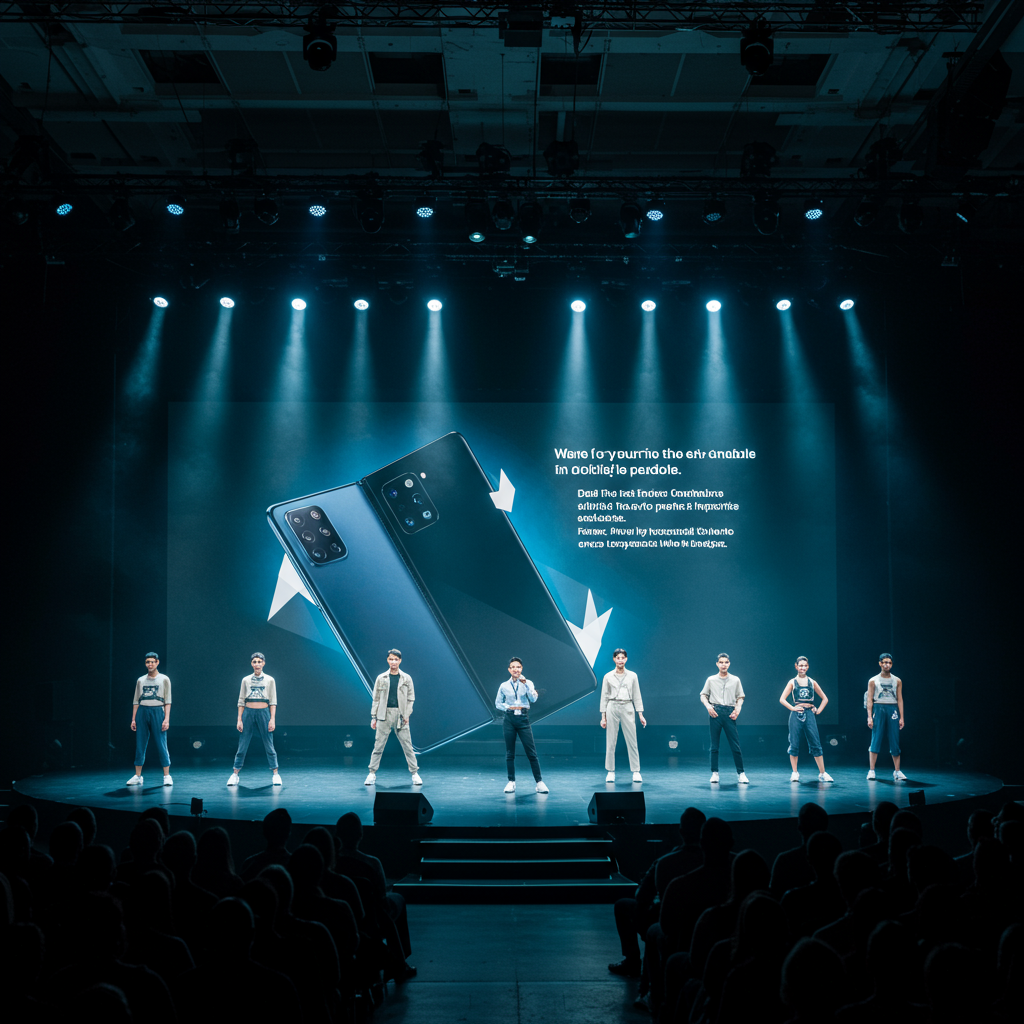Facebook is reportedly asking some users for a potentially significant new permission: access to the photos and videos stored in their phone’s camera roll, including media they haven’t yet shared anywhere. This request is tied to Meta AI, the company’s artificial intelligence assistant, and aims to allow the AI to analyze these private files to generate creative suggestions like collages, recaps, or AI-styled versions of your pictures. While framed as a convenience feature, this move raises important questions about user privacy, data handling, and the evolving relationship between tech platforms and personal media in the age of advanced AI. Understanding the implications before agreeing is crucial.
Meta AI Wants Access to Your Private Photo Library
A new prompt is appearing for some Facebook users, particularly when they begin creating a Story. This pop-up requests permission for Meta AI to access their camera roll. The stated purpose is to enable “cloud processing” of the user’s photos and videos. By opting in, users effectively grant Facebook the ability to upload content from their camera roll to Meta’s servers. This process is described as happening “on an ongoing basis.” The AI would then analyze this media to provide automated creative suggestions for sharing, such as turning a series of pictures into a themed album or applying an AI filter.
This functionality goes beyond Meta’s previously stated approach to training AI models, which primarily relied on publicly shared data. Accessing unshared camera roll content for processing represents a deeper integration of AI into personal, private media. The feature appears to be part of Meta’s broader strategy to embed AI across its platforms and leverage its AI capabilities, powered in part by its Llama models which recently hit one billion downloads, into user experiences. This push for AI features is a key focus for Meta, with CEO Mark Zuckerberg expressing ambitions for Llama to become a leading AI model.
How the Camera Roll Access Works and What Meta Says
When a user agrees to this feature, they are allowing Meta’s systems to select photos based on criteria like time, location, or detected themes (like people or objects). This selection and processing happen on Meta’s servers. Meta states that the creative suggestions generated from this process are visible only to the user who receives them. The company also explicitly says that the media accessed through this specific camera roll feature is not used for ad targeting.
However, tapping “Allow” on the pop-up also means agreeing to Meta’s AI Terms of Service. These terms, which became enforceable in June 2024, grant Meta significant latitude. They permit the company to analyze user media, including identifying facial features, using AI. Furthermore, the terms state Meta can “retain and use” personal information shared by the user to personalize AI outputs. This personal information includes “information you submit as Prompts, Feedback, or other Content.” It remains somewhat unclear whether the photos uploaded for this “cloud processing” feature would fall under this category of retained and used “other Content” for personalizing AI outputs beyond just the immediate creative suggestions. Meta’s terms also allow for review of user interactions with their AI, potentially through human review.
Privacy Concerns and User Control
The request for access to unshared camera roll content has understandably raised privacy concerns among users and observers. Giving a tech company access to a constant stream of your most private photos and videos – the ones you haven’t chosen to share – is a significant permission. While Meta highlights the opt-in nature and the privacy of the suggestions, the broad language in the AI Terms of Service about analysis and potential retention of “Content” warrants careful consideration.
The rapid pace of AI integration across various platforms, similar to how Google is automatically summarizing emails or enhancing image search with AI analysis, highlights a trend where users are increasingly asked to grant permissions for AI processing of their data. However, the nature and sensitivity of unshared personal photos make this particular request stand out. Providing access to such a vast, private dataset could potentially give Meta a competitive advantage in developing and refining its AI capabilities, even if the specific test isn’t used for core model training.
Some users have already encountered the feature, sharing experiences online. One user noted Facebook suggesting an AI transformation of a previously shared photo into an anime style, indicating the types of creative ideas the AI generates. For users who encounter this prompt and wish to manage or disable the feature after opting in, the settings are available within the Facebook app. Navigate to Settings, then Preferences, and look for “Camera roll sharing suggestions.” Here, you should find toggles controlling photo suggestions and, crucially, the opt-in setting for “cloud processing” for AI image creation. This allows users to revoke permission at any time.
A Meta spokesperson confirmed this feature is an opt-in test currently running in the U.S. and Canada. They reiterated that the goal is to simplify content sharing by suggesting curated, ready-to-share content. They emphasized the opt-in nature, the privacy of suggestions, the ability to disable it anytime, and the point that while camera roll media may be used to improve the suggestions offered in this test, it is not used to improve the underlying AI models themselves. This distinction is important, although the line between improving “suggestions” and improving the “models” that generate those suggestions can appear blurred to a user.
Frequently Asked Questions
What is the new Meta AI feature asking for camera roll access?
Facebook is testing an optional feature where its Meta AI can analyze your phone’s camera roll, including photos and videos you haven’t shared. By opting into “cloud processing,” you allow Meta to upload and process this media on their servers. The AI uses this access to generate creative suggestions for content you might want to share, such as collages, themed albums, or restyled versions of your photos, aiming to make content creation easier for users.
How can users manage or disable Meta AI access to their camera roll?
Users who encounter the prompt and choose to opt-in can later manage or disable this feature. Within the Facebook app, go to Settings, then navigate to Preferences, and find the section labeled “Camera roll sharing suggestions.” This section typically includes toggles allowing you to control different aspects of camera roll access, including the specific setting for enabling or disabling the “cloud processing” required for Meta AI’s photo analysis and suggestions.
Should users agree to Meta AI accessing their unshared photos?
Deciding whether to agree depends on your comfort level with sharing private data for convenience. Opting in allows Meta AI to offer potentially helpful creative suggestions based on your personal media. However, it also grants Meta access to your entire camera roll, uploading content to their servers. While Meta states suggestions are private and media isn’t used for ad targeting in this test, their AI Terms permit analysis of media (including facial features) and potential retention/use of “Content” for AI personalization. Users must weigh the utility of AI suggestions against these privacy considerations and the potential implications of having private, unshared media processed by a large tech company’s AI systems under their current terms.
The Evolving Landscape of AI and Personal Data
This test feature highlights the ongoing tension between technological innovation and personal privacy. As AI capabilities, including multimodal processing seen in systems like Google’s AI Mode for images, rapidly advance, tech companies are eager to apply them to make services more intuitive and powerful. However, this often requires access to vast amounts of data, increasingly including highly personal and private information like the contents of an unshared camera roll.
Meta’s approach, offering this feature as an opt-in and providing controls, is a response to privacy expectations, particularly given past scrutiny over data practices. Yet, the complexity of AI Terms and the nuances of how data is used (for ‘suggestions’ vs. ‘model training,’ for example) can make it difficult for users to fully grasp the permissions they are granting. As AI becomes more deeply integrated into our digital lives, features like camera roll processing for AI suggestions are likely to become more common. Users will need to remain vigilant and informed about the data they are sharing and the controls available to them. This specific test in the US and Canada serves as a reminder that the conversation around AI, privacy, and personal data is far from settled.



